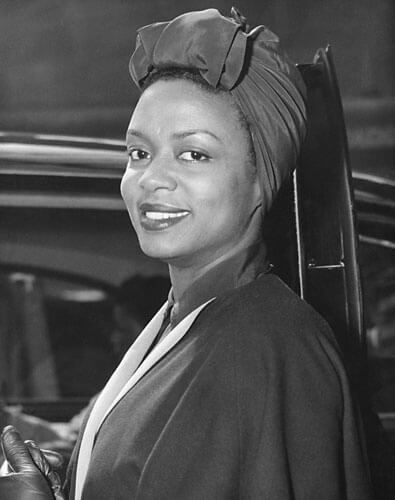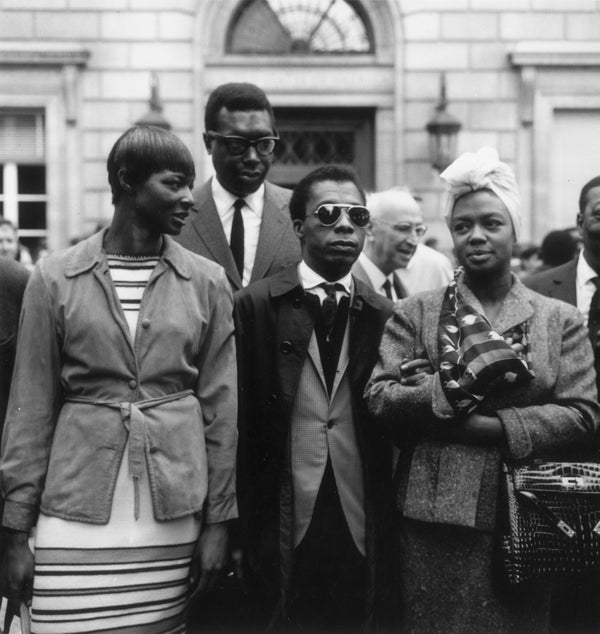Shunned in the US, Scott returned to touring, playing in Europe. There, she was enthusiastically received, even performing for royalty, beginning 1951.
Scott intermittently returned to an America that was cautiously forgiving her blacklisting but forgetting about her music with few records in circulation. Though her commercial success waned, her maturing style garnered newfound niche respect.
Scott moved to a welcoming Paris in 1957 after separating from her husband and resumed acting and performing in nightclubs. Scott’s home regularly attracted fellow influential Black expatriates.

